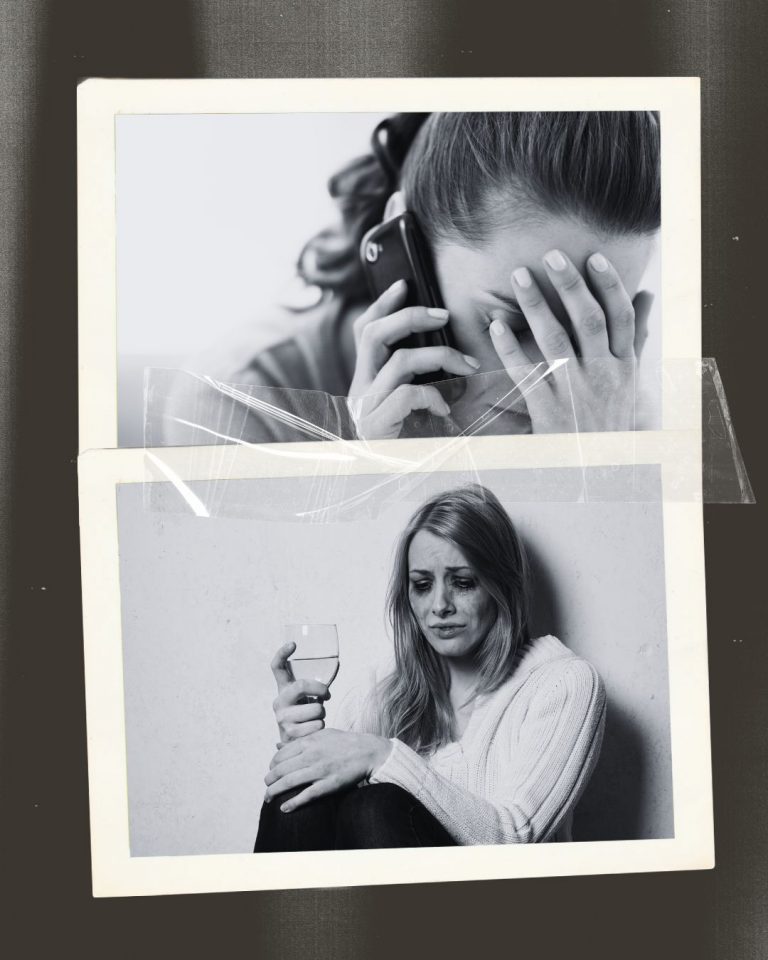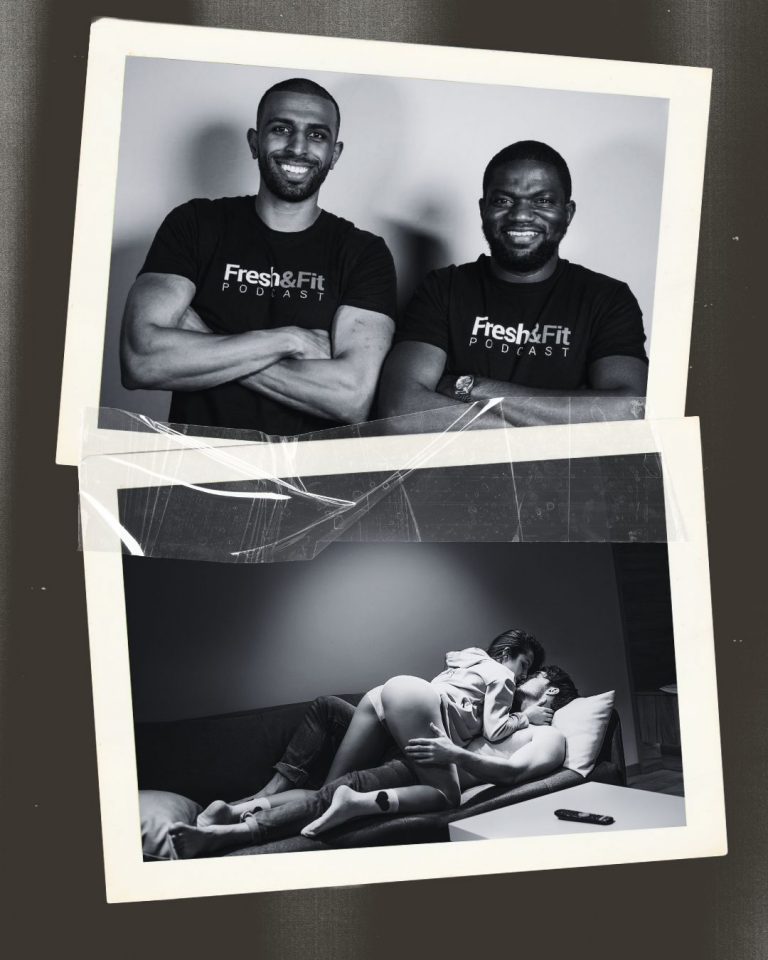Trust in Modern Relationships
Trust in Modern Relationships: A Deep Dive
Trust is one of the most rewarding experiences in life, although sometimes we may take it for granted. Having people around you with whom you can share an almost natural sense of trust is priceless. However, like every reward, there must have been some risk associated with attaining that trust, unless it was naturally inherited from parents, siblings, or guardians.
The Impact of Technological and Societal Changes
Today’s landscape of relationships is a wild one for several reasons, including the changing dynamics between men and women. The major catalyst for this shift is technology, especially in communication and professional and vocational spaces. Over decades, technology has enabled machines to perform functions that once required strong, able bodies. This shift is no longer confined to specific fields; now, with the aid of machines, women can take on roles traditionally assigned to men. As a result, opportunities have broadened for women, challenging traditional societal perceptions of men’s uniqueness based on their work. This can be disorienting, especially for those men who cling to old ideas of masculinity linked to trade, profession, skill, or status, as women can now be identified with all of these.
Transitioning Societal Norms and Personal Dynamics
Transitioning societal norms is no easy feat. It’s not impossible; there are many successful couples that have figured this out for centuries because, at the base of it, much of the substance of a relationship is common sense.
But our common sense often gets hijacked by the ego and whatever mechanism of socialization we have been exposed to. Today, a significant part of our socialization is through technology, with the big downside being the stripping away of common sense and a reliance, albeit unconsciously much of the time, on being told what to do.
Navigating Personal and Social Challenges in Relationships
Of course, these dynamics vary; however, this observation has been researched with conclusive evidence. It is no wonder that a person who has experienced a stable two-parent household will have no problems looking for a life partner. Here, trust is something that is more easily given because the experiential definition of trust is more or less in the same lane.
On the other hand, those who have been socialized in an environment with divorce or a single-parent scenario may find it more challenging to find a life partner, especially those who may have found the animosity within a divorce traumatic.
This is something we often take for granted far too often. After all, we initially see each other on the surface, and most of the time, we put our best foot forward with the best intentions. Thus, we do not see what’s beneath the surface until enough time has passed to get deeper. This may not have been much of a problem in the past because it was the norm to find a life partner, build a family, and rely on each other. People were socialized into believing the importance of trust, and for the most part, society reflected this. However, over the past decades, people have been socialized in several different situations.
The Evolving Dynamics of Trust and Commitment
It is this cacophony of societal transitions, contradictions, and confusion that has led to a devolution of forming long-lasting relationships. Lines are blurred, and the confluence that people once found to lay down a foundation of trust is now obscure.
Considering that divorce rates have hovered around the 50% mark for some decades now means that a good number of people in the dating pool actually don’t know what it means to commit to someone for a lifetime and more than likely don’t see themselves doing that. Why? Chances are, other than Cinderella stories, they have not experienced such a thing firsthand.
Addressing Modern Relationship Challenges
If you are someone who says you cannot envision having a lifelong relationship with someone, then you really need time to evaluate yourself critically. Maybe you’re right, maybe you have some other calling that is devoid of a deep lifelong connection. However, I would argue, and perhaps many other behavioral scientists would argue, that what you probably have are serious trust issues. Perhaps you’ve experienced betrayal that you haven’t quite overcome, or maybe you’ve witnessed someone go through tremendous pain from a breach of trust, and you don’t want to take the risk. Or maybe you were the one who betrayed or breached someone’s trust, and the guilt is gnawing at you. Either way, if these issues are not resolved within yourself, you are right in asserting an existence without a lifelong partner. You are not deserving of one.
What does this mean in the context of today’s growing pains in the dating scene? For starters, a misalignment of personal narratives. While the world of apps has made it easier to communicate with people, it is critical in today’s world, where information floods your brain, to critically understand who you are and where you are coming from in order to successfully navigate finding a mate.
That might sound harsh, but it’s true. One has to resolve all the internal turmoil to pave a new path ahead, requiring the ability to take the risk to trust. Trust creates that bond forming loyalty, foundational for a robust, fulfilling relationship.
Far too often, people build castles in the sky and jump into relationships or situationships under idealized notions they have in their minds for their convenience. There is no scenario where this works out unless you are subjugating someone for your desire. And no, you cannot consent to be subjugated; it is not the same as submitting.
This is where wires get crossed in the dating sphere. People cling to old, antiquated ideas or adopt new, non-traditional ideas as a convenient way to avoid dealing with their past and issues that molded them.
This misalignment is a setup for failure. Let’s look at some challenges, narratives, and ideas increasingly discussed in the arena and explore ways to navigate this mindset towards a path to rewarding relationships.
Common Misconceptions
One common misconception is the notion that a man is to protect and provide while a woman is to submit. This view, developed through colonialism, extends to the idea of the colonialist as the “savior” of the “savages.” While societal structures and laws may have once reinforced this notion, it is not inherently true. However, this idea has been ingrained in people, especially within religious and educated classes. Yet, technology and the evolving balance between men and women have rendered this idea obsolete.
Today, both men and women must realize that collaboration, not subordination, is key. While role-playing subordination can be fun, it’s crucial to focus on substantive qualities that nurture a relationship. Can you establish trust? Are aspirations aligned? Do you complement each other’s strengths and weaknesses? Is this someone you could enjoy life with despite adversity?
It’s also essential to introspect and learn from past mistakes. Acknowledge your weaknesses and strive to improve. Share these reflections with your partner to build trust. Remember, no one has a perfect history.
The Cheat
Cheating is when you intentionally prioritize someone or something else over your partner’s well-being. While sex with a third party is often the manifestation of cheating, consensual involvement with a third party is not. When evaluating past experiences, explore what led to the situation and address any underlying issues.
Ignoring gut feelings or hunches is common but can lead to mistrust. Good communication, both verbal and non-verbal, is crucial. Couples who establish strong communication lines often avoid physical indiscretions. Most people don’t intentionally cheat to hurt others, except in cases of retaliation or manipulation.
By honestly evaluating past experiences, you can navigate potential pitfalls in today’s dating culture. Without introspection, anxiety may develop, signaling mistrust and eventual relationship failure.
In a world filled with self-indulgence, trust remains challenging to give and earn. A trustworthy person doesn’t need recognition or superiority; they keep their word, show discernment, avoid gossip, and offer honest feedback.
Before embarking on the quest for a lifelong relationship, understand yourself, learn from past mistakes, and cultivate qualities that inspire trust. Treat others with the respect you expect to receive.



